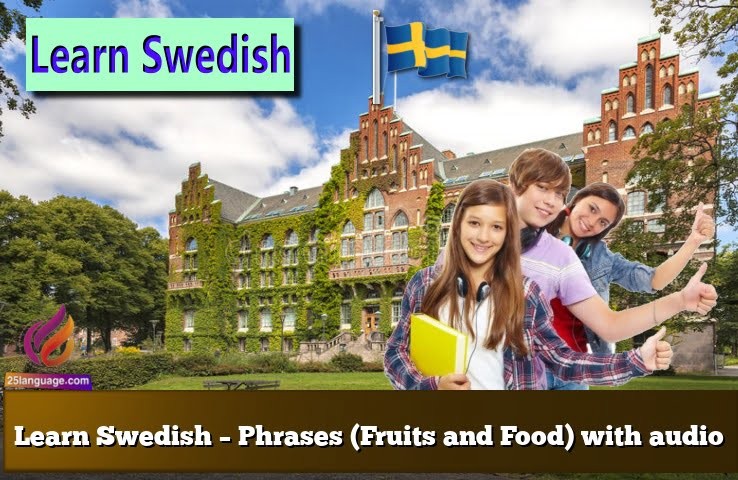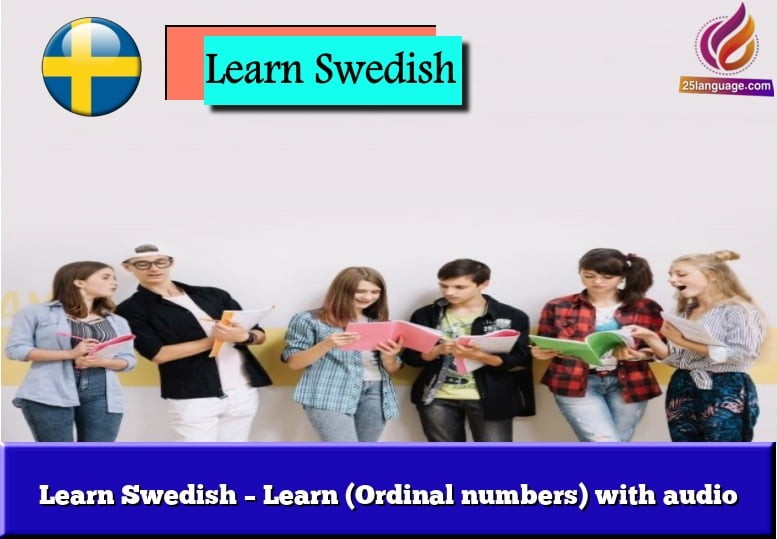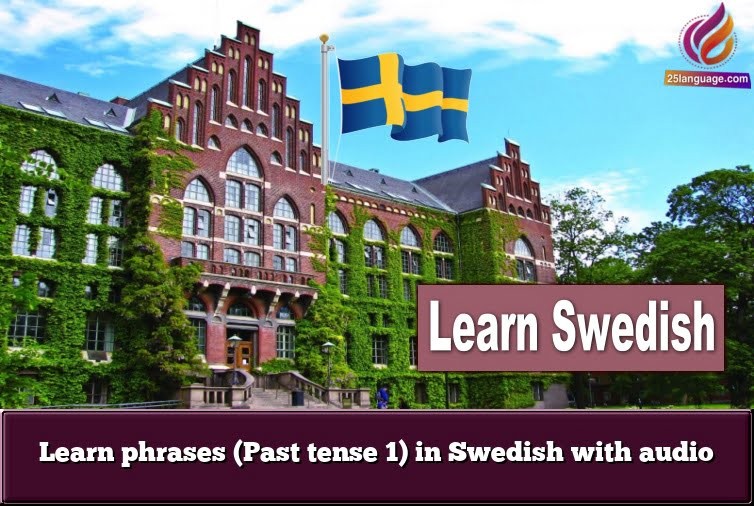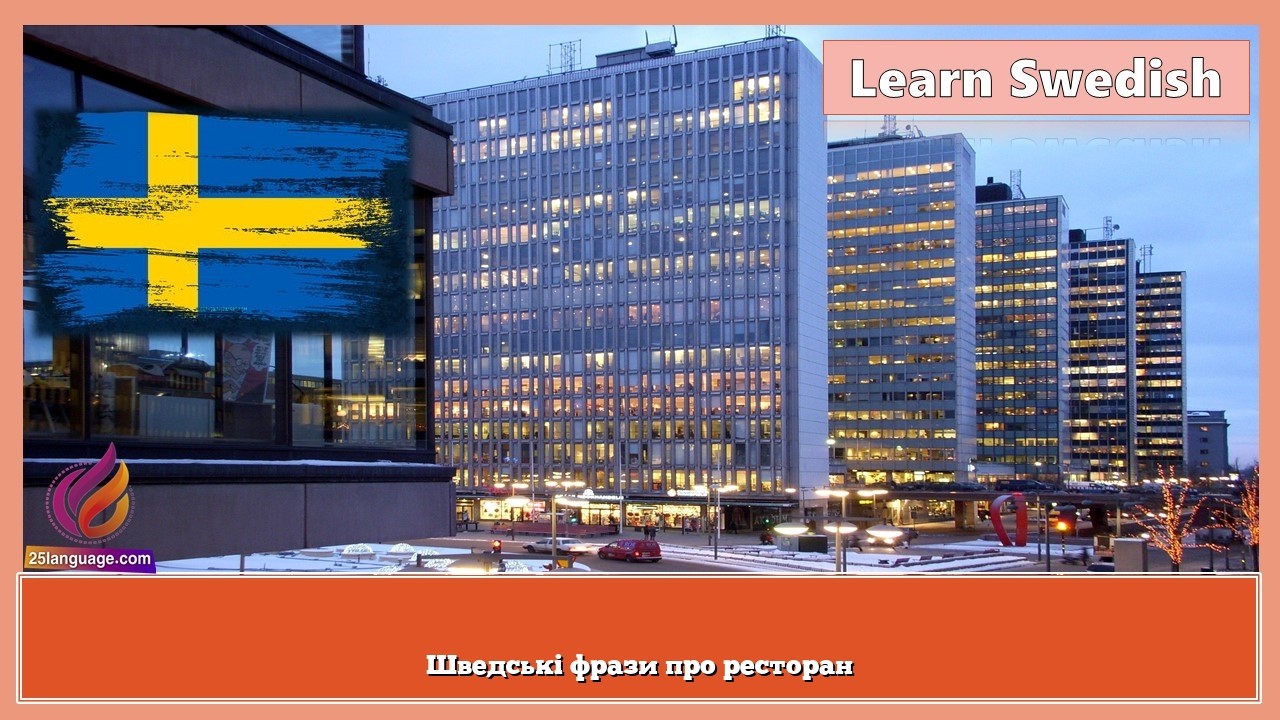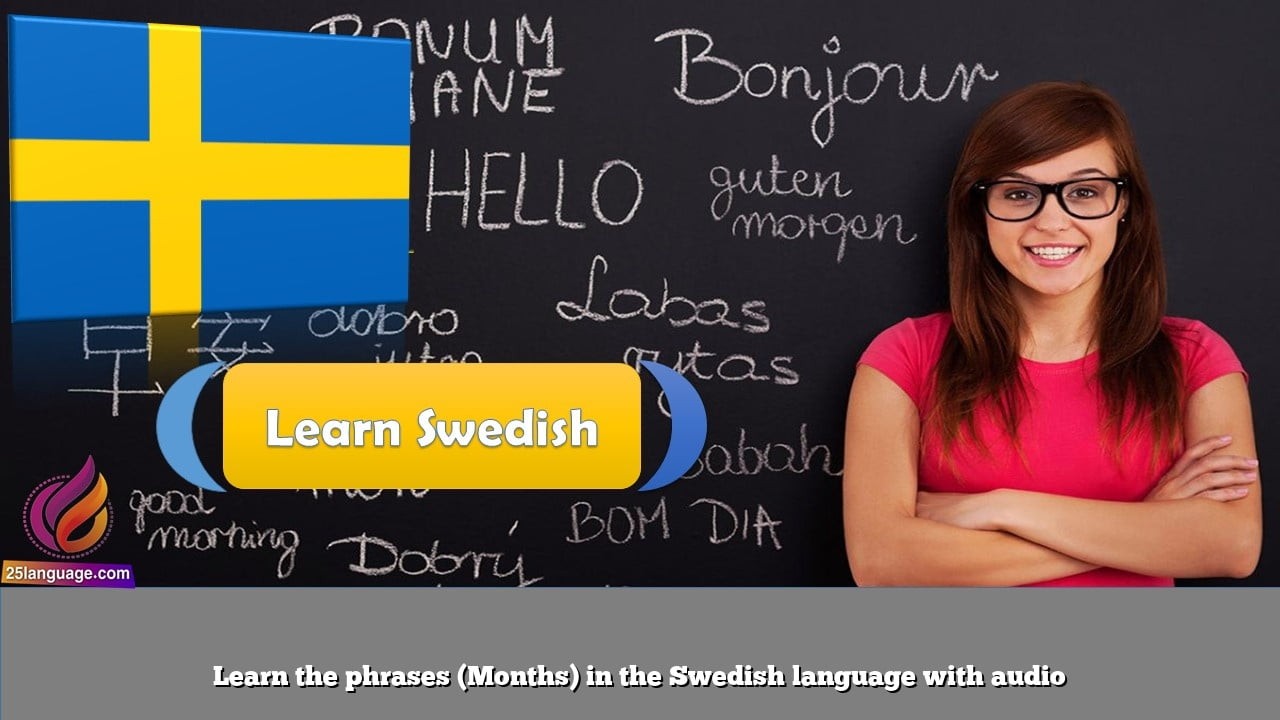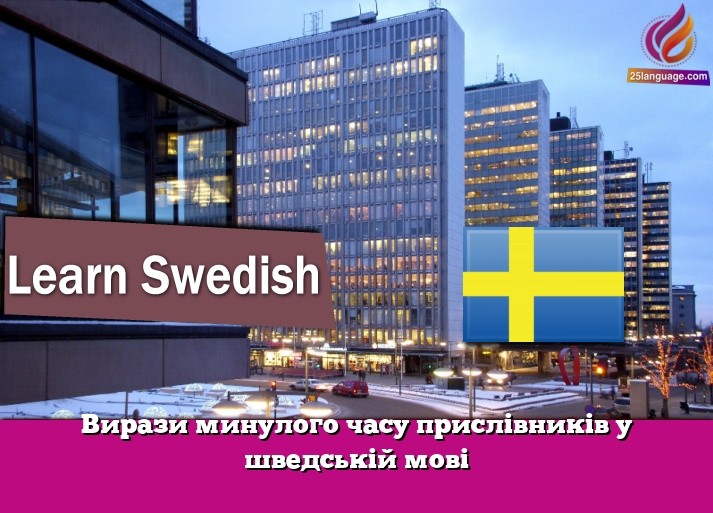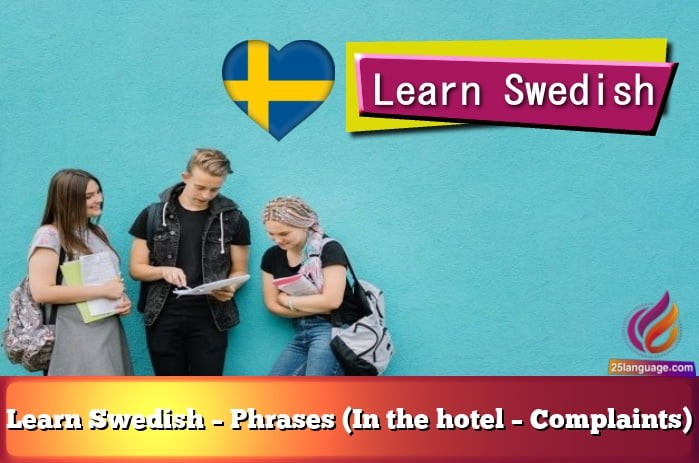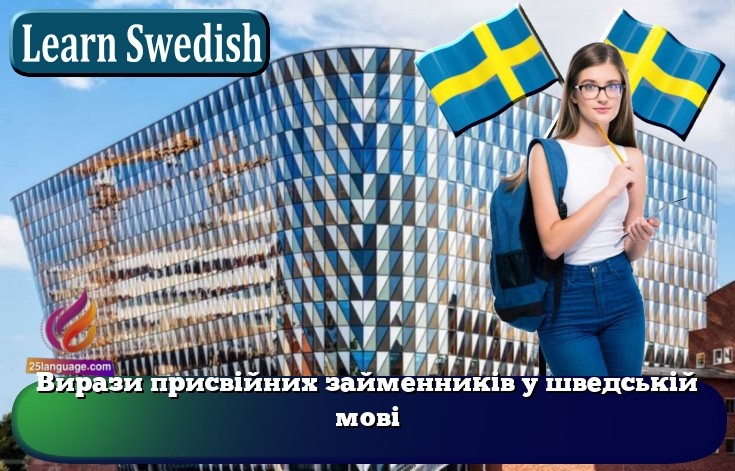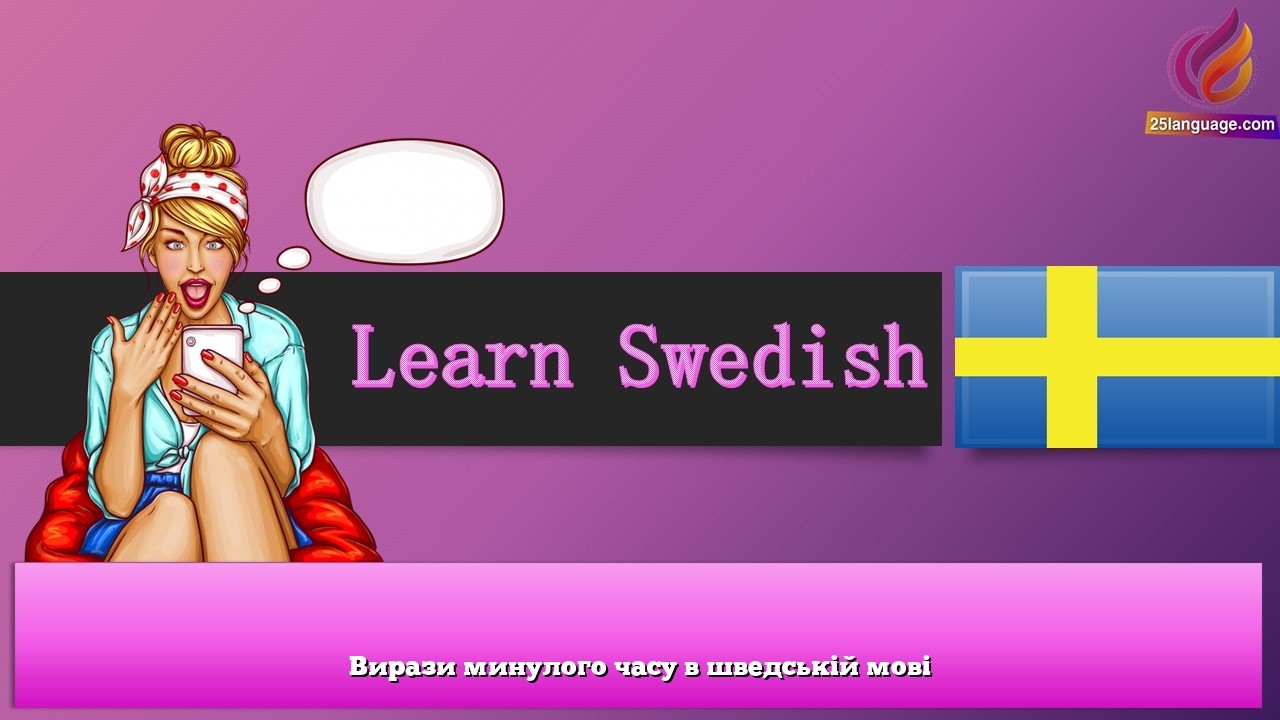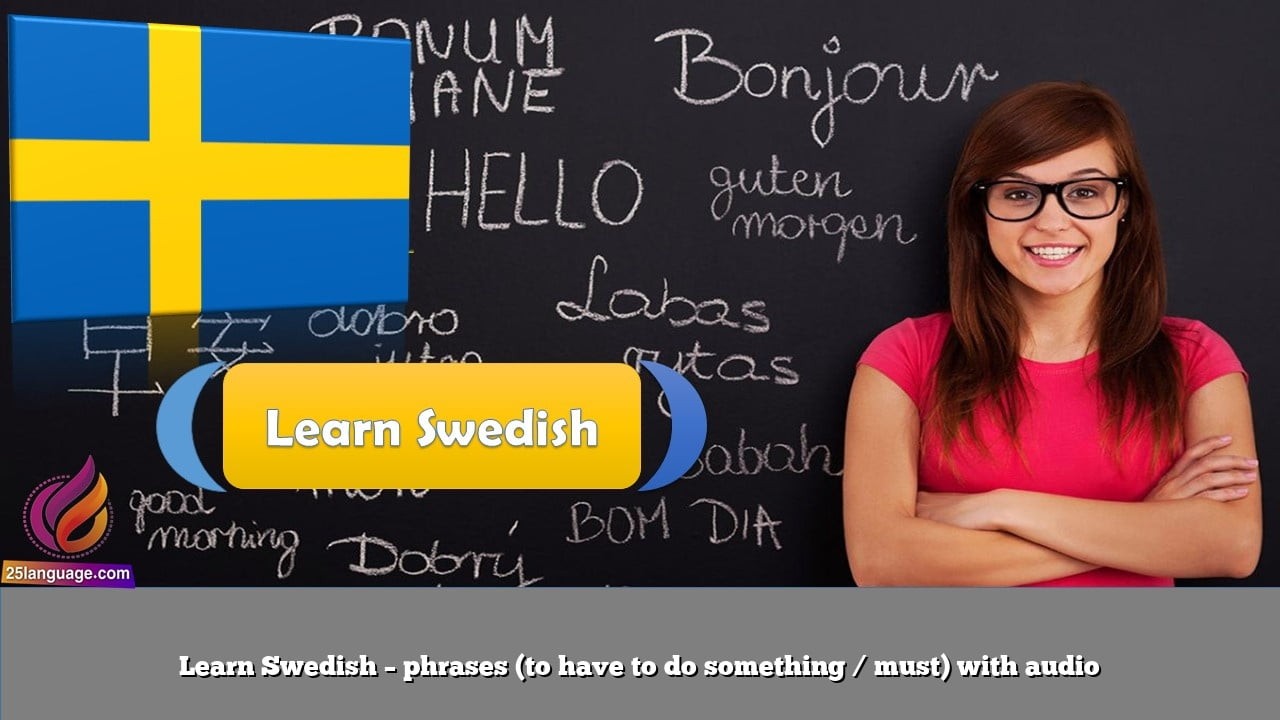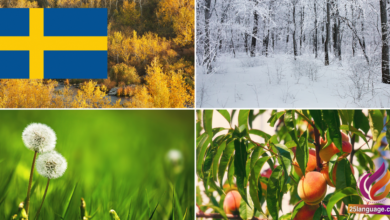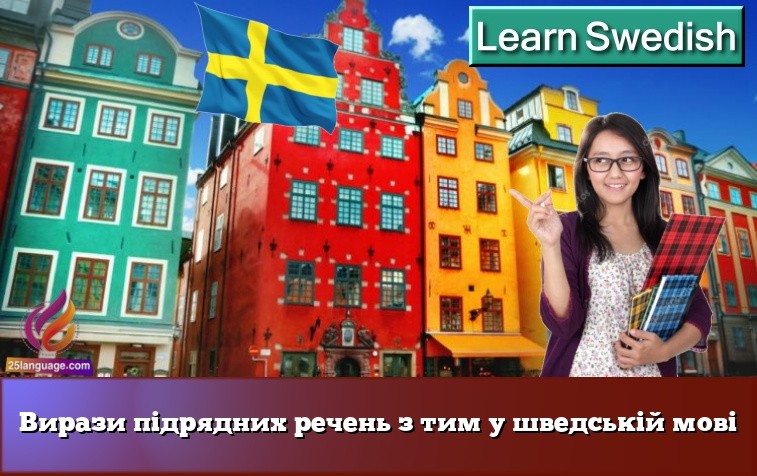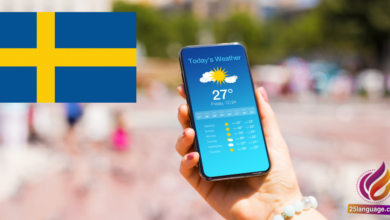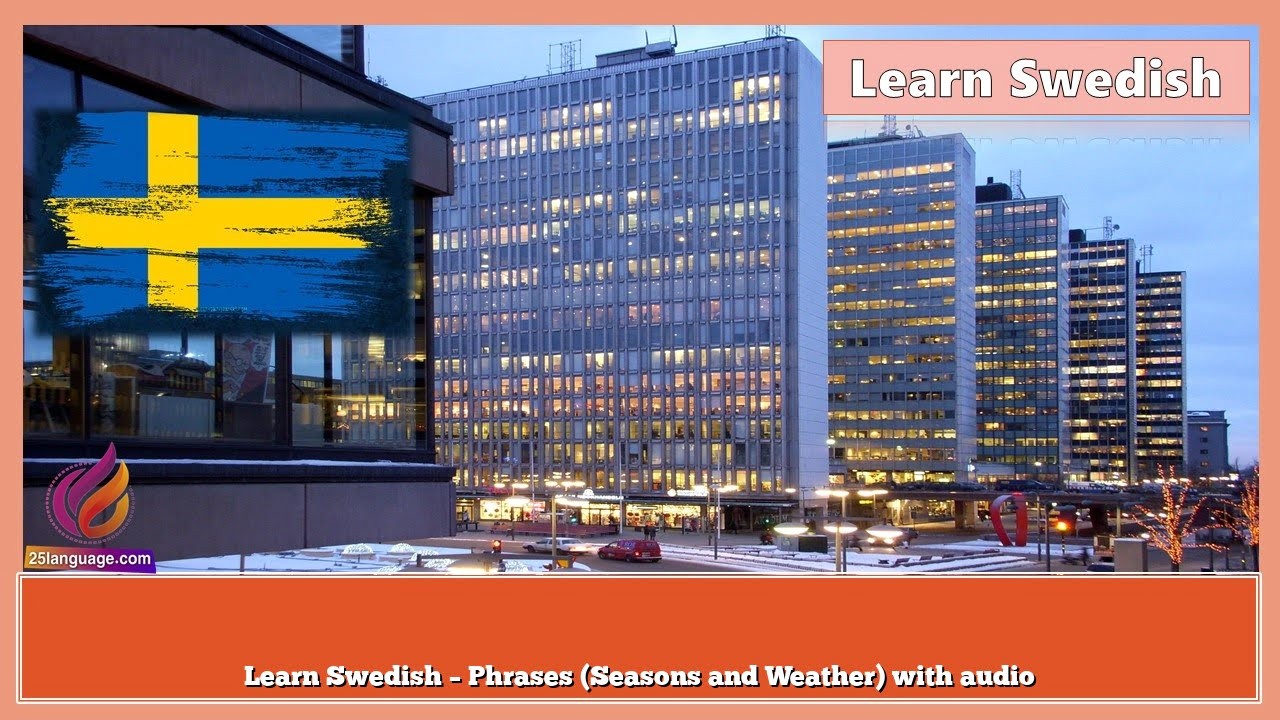Learn Swedish (Genitive) phrases with audio
Learn Swedish (Genitive) phrases

😍😍Hi friends 👍👍Don't forget to listen to the pronunciation 😊Learn Swedish easily😊
Genitive in Swedish
Genitive, also known as possessive case, is a grammatical case that indicates ownership or possession of something. In Swedish, the genitive form is usually formed by adding an -s to the end of the noun that shows possession.
Here are some examples :
- Min bil (my car) → Bilens färg (the color of the car)
- Ditt hus (your house) → Huset på gatan (the house on the street)
- Hans hund (his dog) → Hundens leksak (the dog’s toy)
- Hennes böcker (her books) → Böckerna på hyllan (the books on the shelf)
- Vårt barn (our child) → Barnets namn (the child’s name)
- Deras bil (their car) → Bilarnas hastighet (the speed of the cars)
As you can see, the -s is added to the end of the noun that shows possession. If the noun ends in -s, -x, or -z, an apostrophe is added before the -s.
Here are some more examples:
- Max bil (Max’s car) → Max’ bil (Max’s car)
- Anna sax (Anna’s scissors) → Anna sax (Anna’s scissors)
- Kalle kran (Kalle’s crane) → Kalle krans krok (Kalle’s crane’s hook)
Note that the genitive form is used in Swedish to express ownership or possession, but it can also be used to indicate origin or association. For example:
- Sveriges flagga (the flag of Sweden)
- Stockholms universitet (Stockholm University)
- Världens bästa fotbollsspelare (the world’s best soccer player)
In these cases, the genitive form is used to indicate a relationship or association between the two nouns.
Some sentences using Genitive in Swedish :
| Swedish Sentence | English Translation |
|---|---|
| Min systers hus är mycket stort. | My sister’s house is very big. |
| Bokens titel är “Krig och fred”. | The title of the book is “War and Peace”. |
| Hunden tappade sin koppel. | The dog lost its leash. |
| Mannens röst var djup och mörk. | The man’s voice was deep and dark. |
| Vännernas hus ligger vid sjön. | The friends’ house is located by the lake. |
| Elevernas frågor var mycket intressanta. | The students’ questions were very interesting. |
| Flickornas kläder var mycket färgglada. | The girls’ clothes were very colorful. |
| Fotbollsspelarens skada var allvarlig. | The soccer player’s injury was serious. |
| Pojkens cykel är blå och röd. | The boy’s bike is blue and red. |
| Kattens klor var mycket vassa. | The cat’s claws were very sharp. |
| Lärarens undervisning var mycket inspirerande. | The teacher’s instruction was very inspiring. |
| Barnens leksaker låg utspridda över hela rummet. | The children’s toys were scattered all over the room. |
| Min dotters favoritfärg är blå. | My daughter’s favorite color is blue. |
| Mammans matlagning är alltid mycket god. | Mom’s cooking is always very good. |
| Pojkvännens present var mycket romantisk. | My boyfriend’s gift was very romantic. |
| Grannens trädgård är mycket välhållen. | The neighbor’s garden is very well-kept. |
| Väninnans smycken var mycket vackra. | My friend’s jewelry was very beautiful. |
| Mannens skägg var mycket långt och rufsigt. | The man’s beard was very long and unkempt. |
| Lärarnas betyg var rättvisa och objektiva. | The teachers’ grades were fair and objective. |
| Gästernas rum var mycket rymligt och bekvämt. | The guests’ room was very spacious and comfortable. |
| Hundens favoritleksak är en boll. | The dog’s favorite toy is a ball. |
| Fotografens bilder var mycket vackra och stämningsfulla. | The photographer’s pictures were very beautiful and atmospheric. |
| Min fars favoritfilm är “Casablanca”. | My father’s favorite movie is “Casablanca”. |
| Systers dotter är mycket begåvad. | My sister’s daughter is very talented. |
| Brors hund är en golden retriever. | My brother’s dog is a golden retriever. |
| Flickvännen har en passion för konst. | My girlfriend has a passion for art. |
| Kusinens bil är en röd sportbil. | My cousin’s car is a red sports car. |
| Pojkens drömyrke är att bli astronaut. | The boy’s dream job is to become an astronaut. |
| Vännernas semesterresa går till Grekland. | The friends’ vacation trip is going to Greece. |





